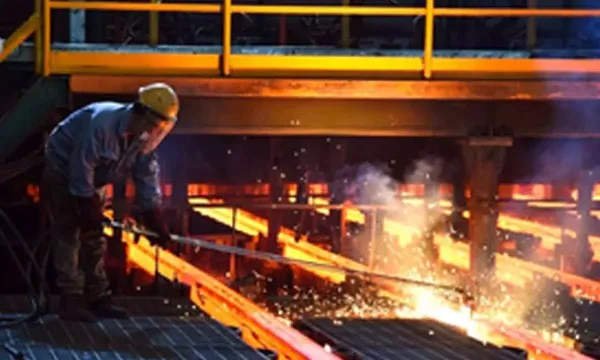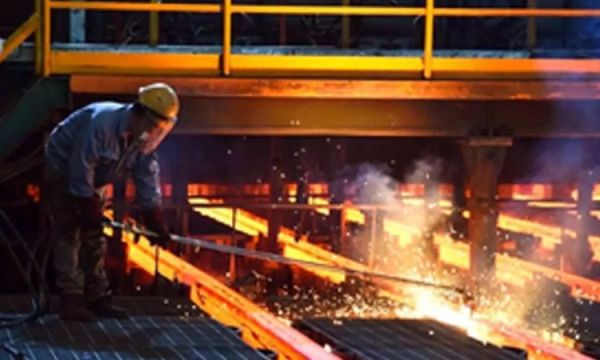
In an effort to speed up the decarbonization of the nation’s steel industry, the Steel Authority of India Limited (SAIL) and top global resources major BHP established a partnership on Monday.

The biggest government-owned steel manufacturer in India, SAIL, said the action is a critical step in developing reduced carbon steelmaking technological routes for the nation’s blast furnace (BF) route.
SAIL Chairman Amarendu Prakash said that it is imperative that the steel industry adhere to its climate responsibilities.
According to Prakash, “SAIL is dedicated to helping address the issue of climate change by fostering an innovative future for the steel industry in India.”
The two firms are investigating many workstreams aimed at facilitating the decarbonization of SAIL’s integrated steel facilities that run blast furnaces (BF). Initial research is being conducted to evaluate different approaches for lowering greenhouse gas emissions (GHG).
In addition to focusing on the role of alternative reductants for the BF, such as hydrogen and biochar, these workstreams aim to strengthen local capacity for research and development in order to facilitate the decarbonization transition.
“We acknowledge that this industry’s decarbonization is a challenge we cannot meet on our own. Instead, we must work together to leverage our collective knowledge and resources to support the development of technologies and capabilities that may be able to significantly reduce carbon emissions in the near and long terms,” said Rag Udd, Chief Commercial Officer of BHP.
In India, the steel industry is responsible for almost 12% of the country’s carbon dioxide (CO2) emissions, according to recent research by the Institute for Energy Economics and Financial Analysis.
The report stated that a number of strategies, such as green hydrogen, renewable energy, carbon capture, usage, and storage technology with blast furnace (BF)/basic oxygen furnace (BOF) or direct reduced iron (DRI)-electric arc furnace (EAF) and scrap-based electric arc furnace (EAF), could aid in the shift from conventional methods to low emission intensity technology.